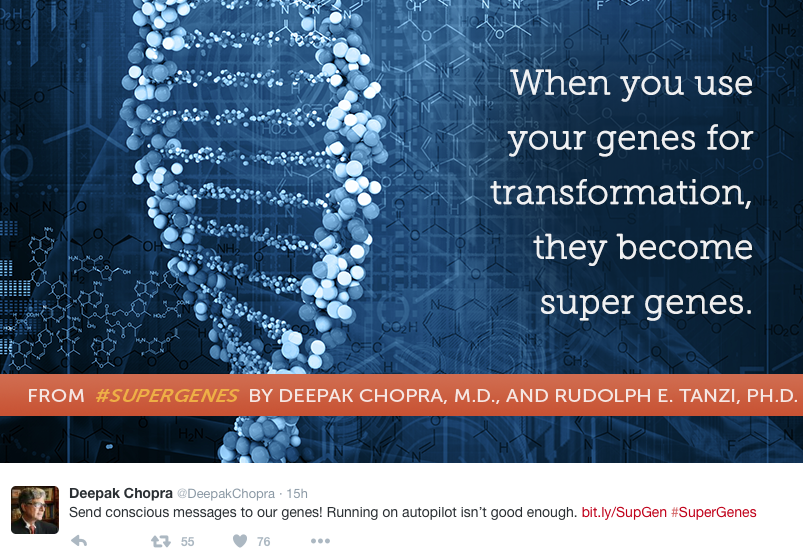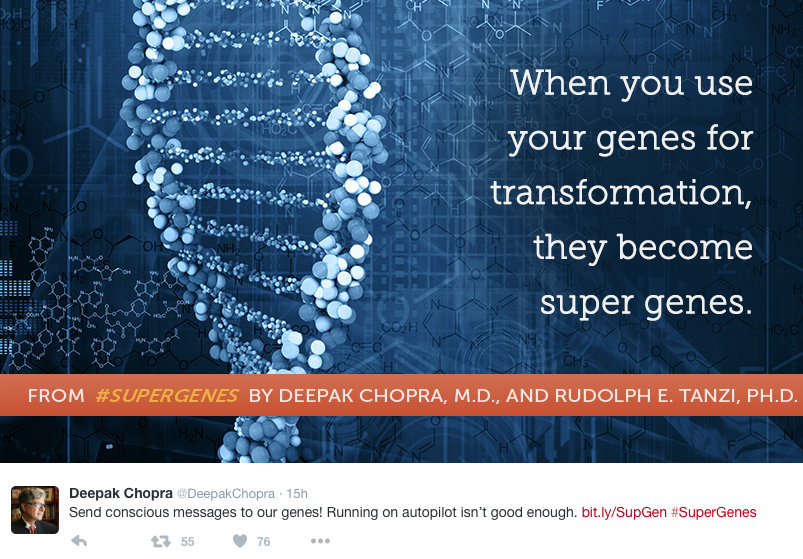The Better Your Bullshit Radar The Smarter You Are, According To Science
Reckon your bullshit-dector is top notch?

Reckon your bullshit-dector is top notch?
How well you’re able to detect disingenuous claims, pseudo-profound aphorisms and vague, fake statements (in other words, complete bullshit) has recently been revealed to be as a marker of intelligence, according to scientists.
The authors of a new study entitled, ‘On the reception and detection of pseudo-profound bullshit’, examined the responses of 300 people in a series of tests designed to see how well they can distinguish between complete bullshit and phrases that actually mean something, in order to measure intellect and reflectiveness. (And they used the word bullshit exactly 200 times in the paper).
In the first test, participants were asked to rate the depth, or ‘profundity’ of a series of randomly-generated bullshit phrases from a website (which is still active FYI) designed by the Canadian scientists. Example phrases include: ‘Inseparability requires exploration. Hope is the nature of synchronicity, and of us’ (WTF) and ‘healing is the growth of hope, and of us. We vibrate, we exist, we are reborn.’ (We’ve deffs seen that on our ex’s fridge magnet.)
The phrases were rated on a scale of one to five, with the mean profoundness rating coming out at 2.6 - meaning that most people found the statements to be ‘somewhat profound’ or ‘fairly profound’.
However, 27% provided a scoring of 3.0 or above saying that they would rate the sentences as either ‘profound’ or ‘very profound’. Say what!?
In the second test, study participants were shown a series of tweets from the account of controversial New Age spiritualist Deepak Chopra, who has 2.5 million Twitter followers and has published 20 New York Times bestsellers, but who is also famed for adapting the language of physicists and psychologists to suit his spiritual philopsophies.
Marie Claire Newsletter
Celebrity news, beauty, fashion advice, and fascinating features, delivered straight to your inbox!

Source: Twitter/DeepakChopra
In the final test, participants read relatively normal statements like, ‘most people enjoy some sort of music’ and well-known, actual profound quotes like ‘a wet person does not fear the rain’, in order to make sure that participants weren’t just labelling everything as profound for the hell of it.
Each person’s results were then compared with their numeracy skills, verbal intelligence, religious beliefs, and ability to distinguish between a metaphorical and a literal statement revealing that those who swallowed more of the BS were also more likely to swallow outlandish conspiracy theories, believe in aliens (is that totally a bad thing?) and confuse metaphors and fact. These people were also found to be less analytical, reflective and intelligent than other participants.
The research as carried out by Gordon Pennycook, a Ph.D. candidate from the University of Waterloo in Ontario, Canada and his team who observed that: ‘Our bullshit re-ceptivity scale was associated with a relatively wide range of important psychological factors… Indeed, with the rise of communication technology, people are likely encountering more bullshit in their everyday lives than ever before.’
In other words if we want to be bullshit free, we better cancel our subscription to those daily motivational emails, unfollow a few ‘deep' thinkers on Twitter and delete those wishy-washy Instagram posts…
The leading destination for fashion, beauty, shopping and finger-on-the-pulse views on the latest issues. Marie Claire's travel content helps you delight in discovering new destinations around the globe, offering a unique – and sometimes unchartered – travel experience. From new hotel openings to the destinations tipped to take over our travel calendars, this iconic name has it covered.


